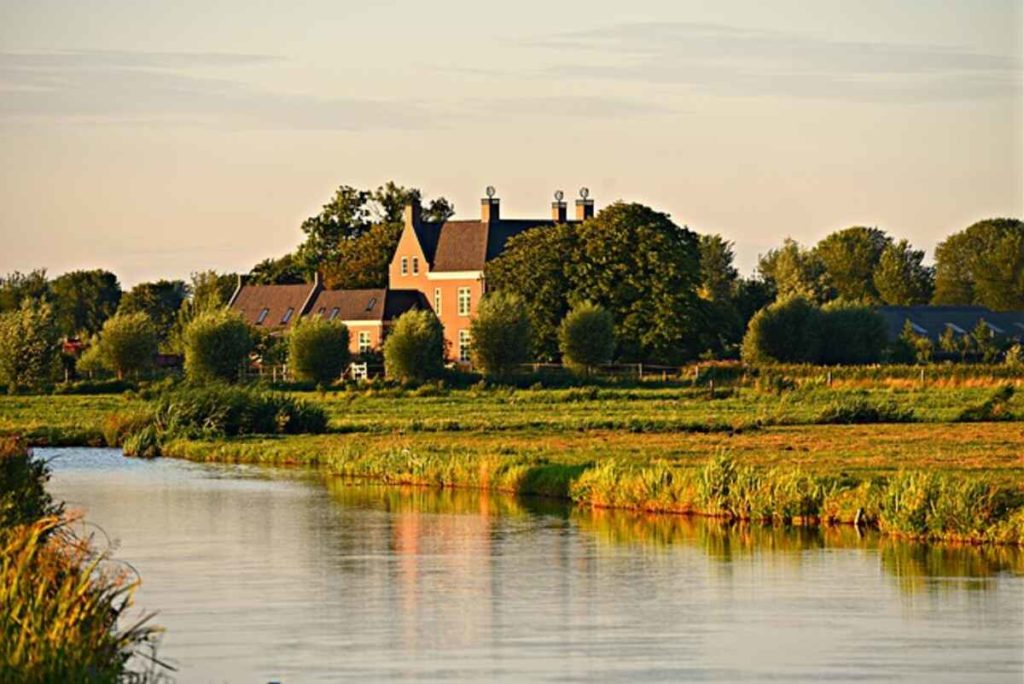Malta provides many attractive properties for anyone considering purchasing property there, from gorgeous Mediterranean Villas and converted Palazzos to modern apartments. Find out the best info about Malta real estate.
But is now an appropriate time for buyers? Here are a few reasons that may convince you: the country has shown great hospitality to foreigners, while its property market continues to flourish despite Coronavirus pandemic fears.
1. Stability
Malta stands out as a global leader in property taxation, making the island resilient against inflationary trends and their effects on housing markets. While other European nations have experienced considerable increases due to higher oil and food costs, tightened monetary policy, and general global inflationary trends, Malta’s economy has remained relatively undamaged.
Stability is crucial for home buyers looking for their dream property. It ensures the market will keep expanding, regulations remain stable, and banks continue lending money – ultimately leading to lower mortgage rates.
Rental yields should also remain strong. Rental yield is the annual rental income divided by a property’s price and indicates how much value buyers can expect from their investment.
Malta rental yields have consistently exceeded 5% since 2022 due to increased property demand and affordable living costs. People continue to take advantage of its top quality of life and low prices.
Maltese housing construction has also experienced an upsurge due to Malta’s temporary COVID-19 measures, which offer reduced duty and tax on transfers over EUR400,000 (US$483,308) inter vivos property transfer transactions.
2. Affordability
As a potential buyer in Malta, it is wise to study the market and get familiar with its nuances. You should carefully consider various factors, including tax implications and cost of living; furthermore, becoming familiar with local customs is beneficial to experience local culture fully.
Real estate prices in Malta have recently seen significant increases, making it increasingly difficult for households to afford housing. A recent study by Dhalia and Grant Thornton indicated that two young adult households with a median income could only afford a 115-square-meter apartment when financing via mortgage at current market rates.
Malta’s high property prices make it difficult for young people to buy their own homes, forcing many out earlier than in other European countries and impacting the economy negatively as those without homes do not contribute as they once would have.
Malta may offer lower overall living costs than Central and Western European countries, yet remains higher than US ones. Utilities are reasonably priced; food costs, however, can be increased due to limited agricultural land. Therefore, you must carefully plan your budget when visiting Malta; remember to factor in furniture and appliance costs when making any property decisions in Malta.
3. Return on Investment
Malta draws many buyers due to its beautiful climate, lack of language barrier, and laid-back lifestyle. But purchasing property here does not come without its challenges. For instance, research must be conducted based on individual needs, investment goals, and any legal or financial issues related to purchasing it.
Investing in property in Malta could offer a high return on your investment, with prices rising by an estimated five to ten percent each year on average and rental income producing additional returns of 5-10 percent per annum.
Individual Investor Program (IIP) allows wealthy individuals who want to become citizens to invest in real estate within designated areas of Maltese citizenship. By participating in IIP, investors may gain citizenship in Malta.
As such, IIP offers one of the fastest and most cost-effective means of becoming a citizen through real estate investment. To qualify, you must possess at least EUR 400,000 worth of assets and pay a stamp duty of 5% of the purchase price, notary fees, registration costs, and capital gains tax within five years of purchasing a property.
4. Taxes
Malta is an attractive European real estate investment destination, promising high returns over time and offering EU citizenship opportunities. Due to Malta’s small size and limited landmass, purchasing property there can be highly competitive, leading to price spikes; as a result, the government has implemented measures designed to regulate and protect local rights.
Foreigners purchasing property in Malta pay the same taxes as Maltese citizens regardless of residency status, such as stamp duty, purchase tax, and land tax. Furthermore, they must also cover notary fees and agency charges, which can add up to 10% of their value.
Maltese real estate market is subject to stringent taxation laws; the government imposes a final withholding tax of 8% when selling immovable properties; this amount may be reduced to 5% under certain circumstances, such as buying for primary use within five years and selling before five years have elapsed since purchase.
Non-residents purchasing property in Malta may rent it out to tourists provided it meets specific criteria: it must be located in an urban conservation area and equipped with a swimming pool registered with the Malta Tourism Authority for a holiday or short-stay accommodation; in addition, its ownership must belong to a company that is VAT registered.
Read Also: Buying The Perfect Home With A Excellent Resale Value

